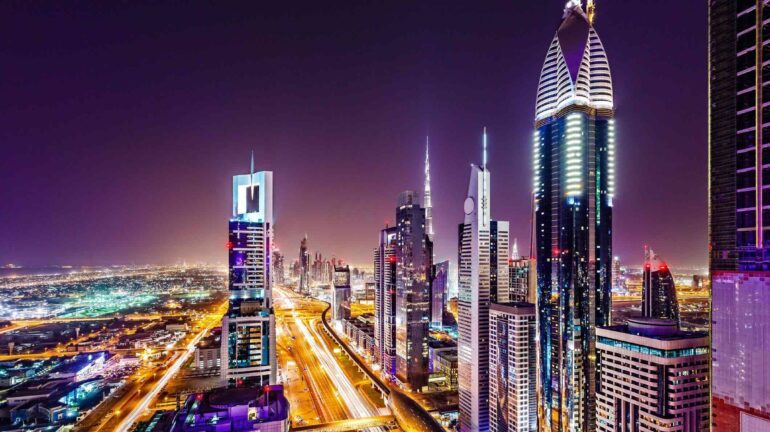
AI has the potential to significantly impact the tourism industry by enhancing customer experiences, improving operational efficiency, and providing personalized services. Here are 15 ways AI can make a notable impact on tourism:
Customer Experience:
Personalized Recommendations: AI can analyze user preferences and behavior to provide personalized travel recommendations, including destinations, accommodations, activities, and dining options.
Chatbots and Virtual Assistants: AI-powered chatbots can assist travelers by answering questions, providing information about travel destinations, and assisting with booking arrangements.
Voice Assistants: Voice-activated AI assistants can help travelers find information, make reservations, and receive real-time updates, providing a hands-free travel experience.
Language Translation: AI-driven translation apps and devices can facilitate communication between travelers and locals, breaking down language barriers.
Virtual Tours: AI can create immersive virtual tours of destinations, allowing travelers to explore and experience a location before making a booking decision.
Operational Efficiency:
Dynamic Pricing: AI can analyze demand patterns and adjust pricing for flights, accommodations, and activities in real-time, optimizing revenue for businesses and offering cost savings for travelers.
Resource Management: AI can optimize the allocation of resources like rooms, transportation, and staff to improve operational efficiency for hotels, airlines, and other tourism providers.
Predictive Maintenance: AI can monitor and predict maintenance needs for transportation vehicles, ensuring that travel services operate smoothly and reducing downtime.
Supply Chain Optimization: AI can enhance the supply chain management for the tourism industry, ensuring the timely availability of goods and services while minimizing waste.
Travel Planning:
Itinerary Creation: AI can generate personalized travel itineraries based on traveler preferences, including activities, attractions, and time allocations.
Route Optimization: AI can offer efficient route suggestions for travelers, considering factors like traffic conditions, travel time, and modes of transportation.
Safety and Security:
Risk Assessment: AI can analyze data from various sources to assess potential travel risks, such as political instability, weather events, or health concerns, and provide travelers with real-time information.
Fraud Detection: AI can detect unusual patterns of behavior and transactions, helping to prevent fraudulent activities related to bookings and payments.
Marketing and Advertising:
Targeted Marketing: AI can analyze user data to create targeted marketing campaigns that reach potential travelers with offers and content tailored to their interests.
Sentiment Analysis: AI can monitor social media and online reviews to gauge traveler sentiment and feedback, allowing tourism businesses to make improvements and respond effectively.
As AI technology continues to advance, the tourism industry has the opportunity to leverage these capabilities to create more seamless, efficient, and enjoyable travel experiences for customers. However, it’s important to address potential challenges related to privacy, data security, and the ethical use of AI in the tourism sector.